* Photo: Mezopotamya Agency (MA)
Click to read the article in Turkish / Kurdish
Civil society organizations have called on the authorities to end the isolation of imprisoned Kurdistan Workers' Party (PKK) leader Abdullah Öcalan and the rights violations in Turkey's prisons.
CLICK - Law office: PKK leader not able to communicate with outside world since April 2020
Most recently, the Asrın Law Bureau said, "In a first, the right to make a phone call was used in İmralı Island Prison on April 27, 2020. The 20-minute phone calls of our clients with their families became a first in the history of İmralı Prison. However, no communication has been established since then." Attorneys' requests for visitation have also been rejected several times.
Against this backdrop, civil society organizations held a press conference in Turkey's Kurdish-majority southeastern province of Diyarbakır yesterday (February 8). On the 74th day of hunger strikes in prisons, the Diyarbakır Bar Association, Diyarbakır Medical Chamber, Lawyers for Freedom Association (ÖHD), Human Rights Association (İHD), Human Rights Foundation of Turkey (TİHV), Health and Social Service Laborers Union (SES) Diyarbakır Branches and Association for Solidarity with Relatives of Arrestees (TUAYDER) addressed the public about the hunger strikes.
'Ban on visitation is against the law'
The conference was held at the Legal Aid Office of the Diyarbakır Bar Association. Gizem Miran, the Co-Chair of the Bar's Prison Commission, read out the statement for the press on behalf of the organizations.
As reported by Mezopotamya Agency (MA), Miran underlined that as of yesterday, prisoners had been on hunger strike in 107 prisons for 74 days.
Noting that violations of rights had been prevalent in prisons of Turkey for a long time, she stressed that these violations became permanent. According to the statement, the rights violations in prisons intensified after the Law no. 7242 on Criminal Execution had been amended.
Noting that there were hunger strikes for the prisoners of İmralı High Security Type F Prison before, Miran said that the isolation of Öcalan and other three prisoners was temporarily lifted as a result of these strikes, but the ban on visitations entered into effect again as of August 7, 2019.
"This situation is against the United Nations (UN) Nelson Mandela Rules, the recommendations of the Committee for the Prevention of Torture (CPT) and the Law no. 5275 on Criminal Execution," said Miran.
Addressing the Ministry of Justice, Miran demanded an immediate end to these practices that are not legal and added: "We, as legists, human rights defenders and representatives of professional medical organizations, would like to emphasize that all authorities have to show the necessary sensitivity to ensure that the rights of prisoners who have been on a hunger strike in protest, primarily their right to health and life, are protected."
313 prisoners on hunger strike in 107 prisons
Underlining that the political power holders must consider the demands of hunger strikers before the situation took a turn for more dangerous, Diyarbakır Bar's Prison Commission Co-Chair Miran said, "313 hunger strikers in 107 prisons have a single demand: An end to absolute isolation. And political power holders are responsible for fulfilling this demand."
Miran indicated that the political power holders would also be responsible for any sad consequences that might arise as a result of the indefinite-alternate hunger strikes in Turkey's prisons. Accordingly, the rights organizations called on the Ministry of Justice and all other relevant institutions to take action about the issue as soon as possible.
The organizations underlined that "the Ministry of Justice, Ministry of Interior, Ministry of Health, Parliamentary Committee on Human Rights Inquiry, Ombudsman Institutions and all other relevant institutions and organizations must fulfill their duties to end violations of rights in all prisons, to treat prisoners in a manner compatible with human dignity, to eliminate the treatment of prisoners falling within the scope of the prohibition of torture, ill and degrading treatment and all other violations of rights, to ensure that ill prisoners are treated without interruptions and their quarantine conditions upon their return from prison do not turn into torture through isolation." (AS/SD)




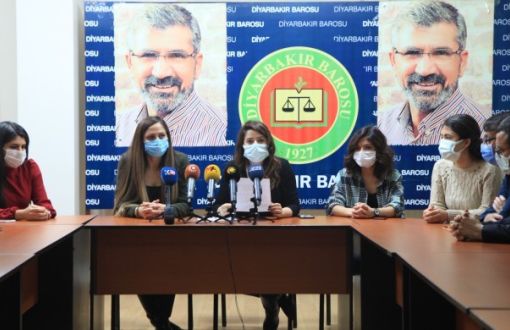
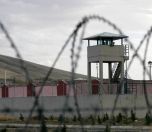
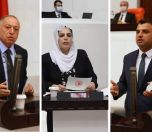
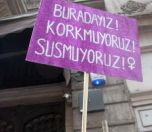

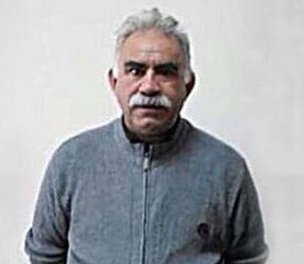

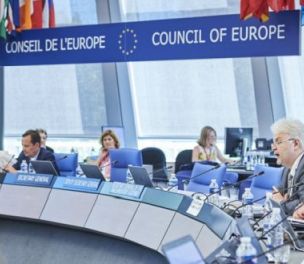
as.jpg)